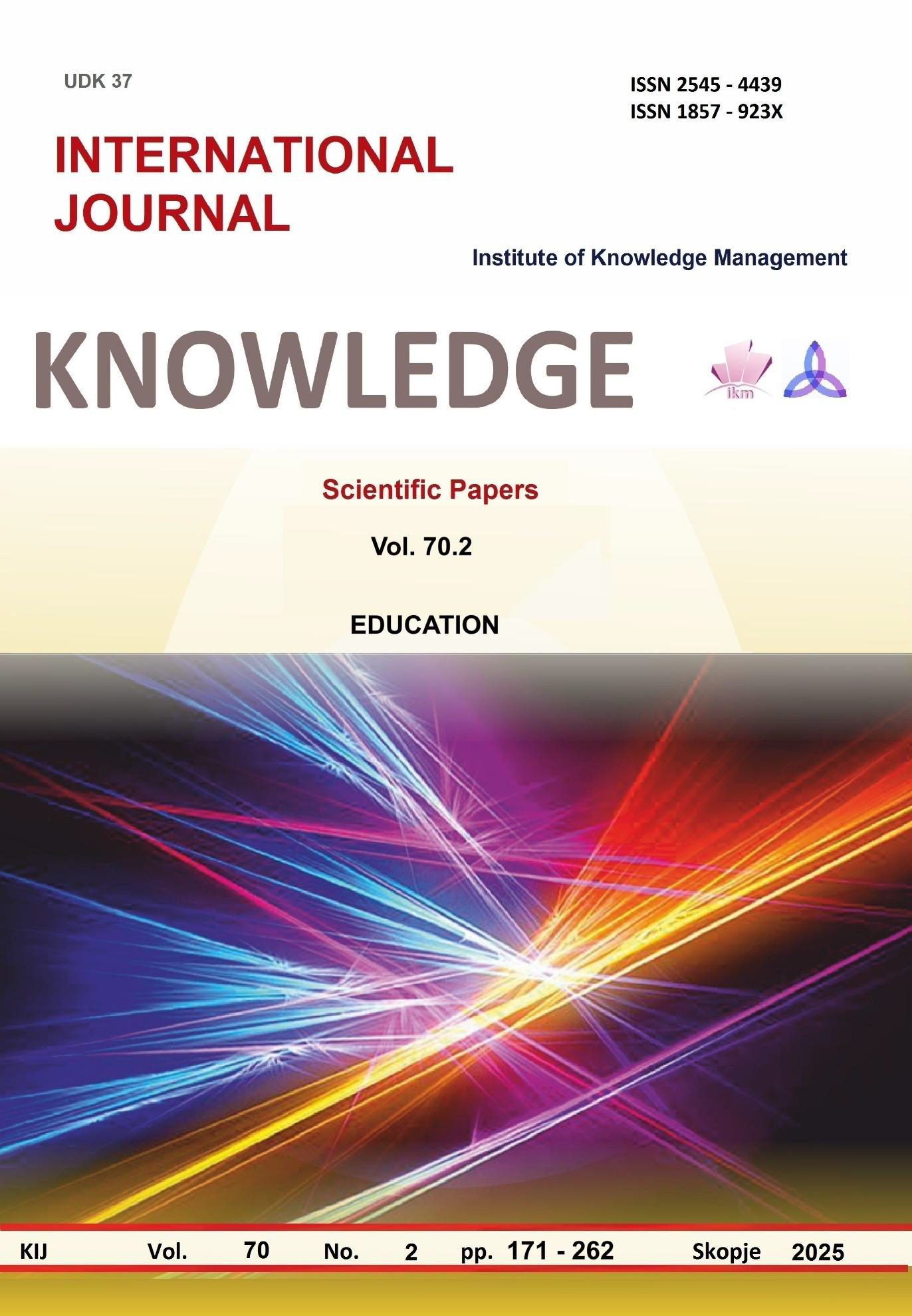ANALYSIS OF THE FINANCIAL IMPACT OF ONLINE LEARNING
Keywords:
online education, financial impact, higher education, medical students, education costsAbstract
The transition to online learning in higher education, accelerated by the COVID 19 pandemic and subsequent technological developments, has significantly influenced the financial burden of students across the globe. In Bulgaria, where healthcare related academic programs often require on site clinical training and presence, the aforementioned shift has introduced notable changes in student’s expenses. In this work we investigated the economic implications of distance learning by analyzing self reported data from students in health related fields. The survey was conducted in the period April July 2024 and encompassed 734 respondents across various specialties, educational levels, and academic years across different universities in the country. Around 63% of the students in the survey experienced a decrease in training related expenses, primarily due to reduced transportation costs (54.52%) and lower spending on daily sustenance such as food and beverages. In contrast, a smaller minority reported increased expenses, attributed mainly to higher internet costs and the purchase of new hardware. Interestingly, 64% of respondents answered that online learning did not demand more preparation time; some even found the workload to be lighter. This counters the common perception that digital formats increase academic strain and instead points to a potential for balancing educational efficiency with reduced expenses. Beyond financial metrics, our findings also point to the role of digital education in shaping broader aspects such as access, time use, and institutional practices.This shows how important it is to think about the financial side of education, especially with rising costs. A purely technological solution is insufficient if not accompanied by inclusive policies and adequate training for both students and academic staff. The paper concludes with practical recommendations for academic institutions: to develop targeted digital support programs, invest in centralized infrastructure, promote digital literacy, and incorporate economic considerations into curriculum planning. Equal access to digital tools and respect for the time students invest in their studies should become key considerations in designing long term strategies for online education.
References
Adnan, M., & Anwar, K. (2020). Online learning amid the COVID-19 pandemic: Students' perspectives. Journal of Pedagogical Sociology and Psychology, 2(1), 45–51. https://doi.org/10.33902/JPSP.2020261309
Alqurashi, E. (2019). Predicting student satisfaction and perceived learning within online learning environments. Distance Education, 40(1), 133–148. https://doi.org/10.1080/01587919.2018.1553562
Dhawan, S. (2020). Online learning: A panacea in the time of COVID-19 crisis. Journal of Educational Technology Systems, 49(1), 5–22. https://doi.org/10.1177/0047239520934018
Dimitrova, A. (2022). Distantsionnoto obuchenie prez pogleda na specialistite po zdravni grizhi. Sbornik nauchni trudove, 15(2), 45–52.
Hristov.G., P.Zahariev, I.Beloev, G.Georgiev.(2023) “An innovative approach for holding transnational virtual internships in the field of higher education.” – Sbornik s dokladi ot Natsionalna nauchno-prakticheska konferentsiya "Digitalna transformatsiya na obrazovanieto - problemi i resheniya, otsenyavane i akreditatsiya", University of Ruse, pp. 226-232, ISBN 978-954-712-892-7
Nikolova, D. (2024). Kak se uchi medicina onlain. Kapital. https://www.capital.bg/politika_i_ikonomika/zdraveopazvane/2024/02/29/4595076_kak_se_uchi_medicina_onlain/
Li, C., & Wong, G. K. W. (2021). Student stress in online learning during the COVID-19 pandemic. Education and Information Technologies, 26, 6821–6841. https://doi.org/10.1007/s10639-021-10502-5
Rajab, M. H., Gazal, A. M., & Alkattan, K. (2020). Challenges to online medical education during the COVID-19 pandemic. Cureus, 12(7), e8966. https://doi.org/10.7759/cureus.8966
Yotov, Y. (2023, May 18). Nuzhni sa zakonodatelni promeni za produlzhavashtoto obuchenie. Clinica.bg. https://clinica.bg/24459-nujni-sa-zakonodatelni-promeni-za-prodyljavashtoto-obuchenie
Zalat, M. M., Hamed, M. S., & Bolbol, S. A. (2021). The experiences, challenges, and acceptance of e-learning as a tool for teaching during the COVID-19 pandemic among university medical staff. PLOS ONE, 16(3), e0248758. https://doi.org/10.1371/journal.pone.0248758





